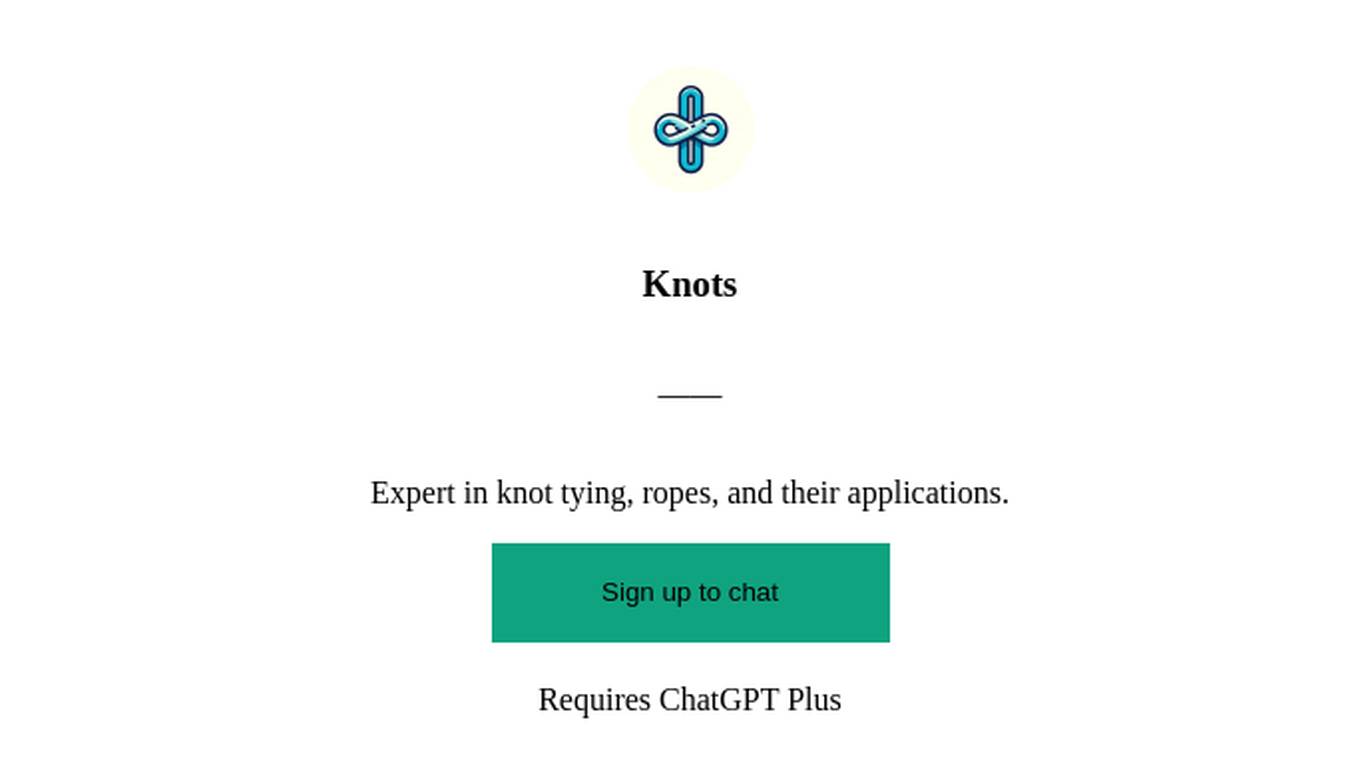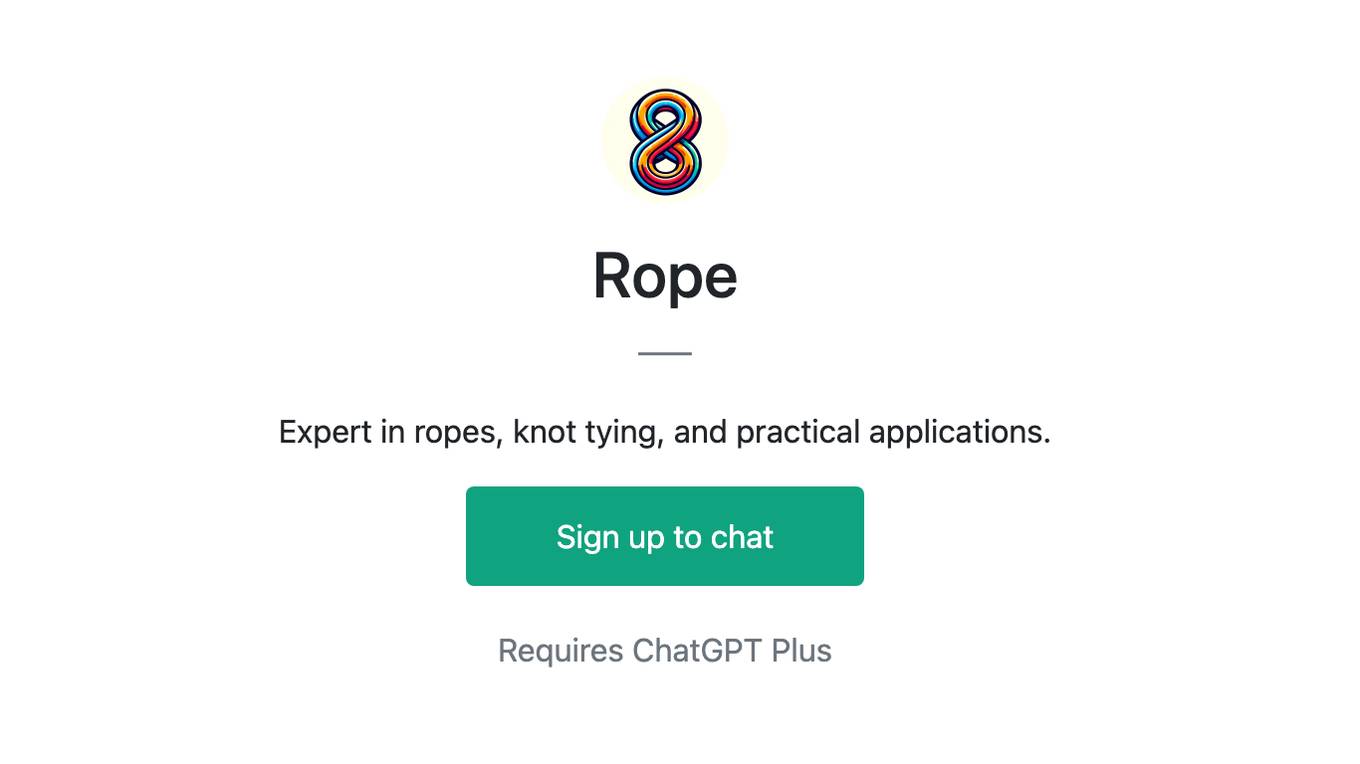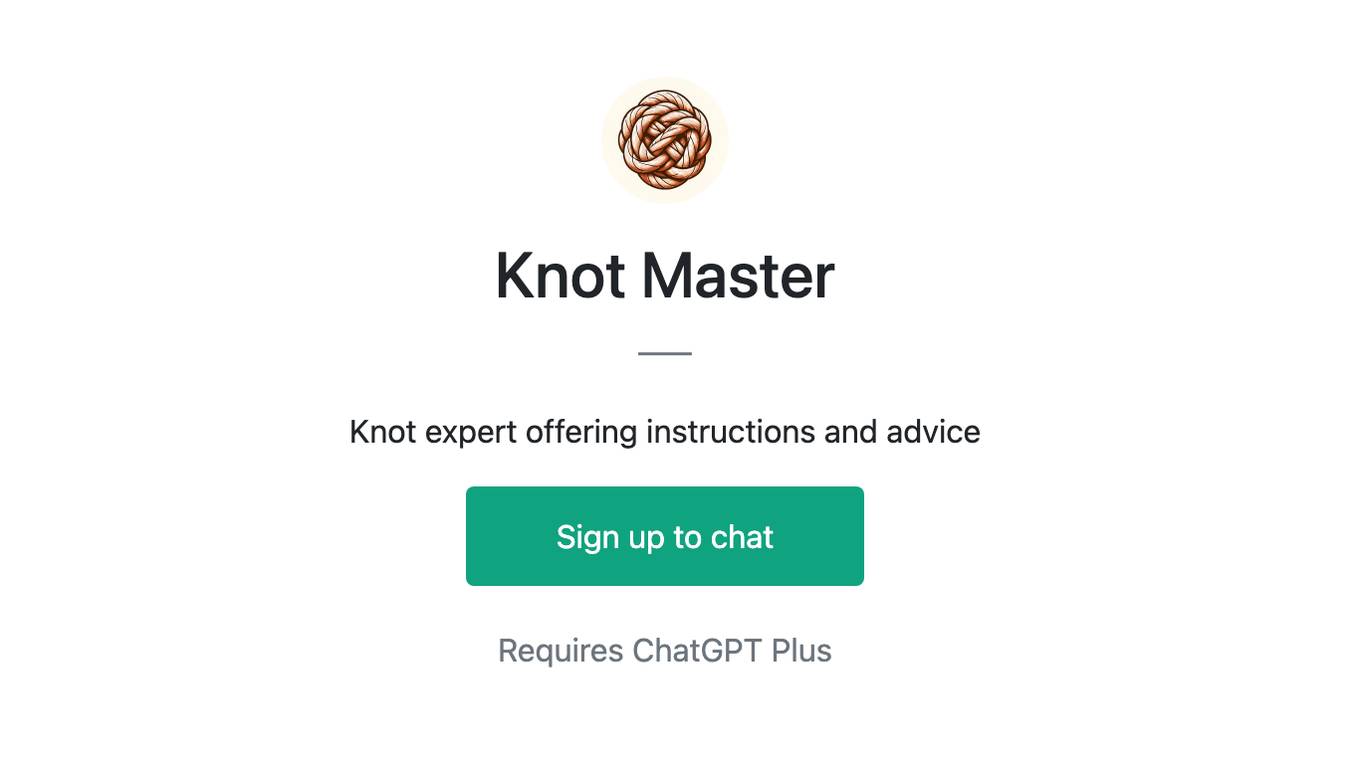Best AI tools for< Tie Secure Knots >
1 - AI tool Sites

Cardinal
Cardinal is an AI-powered product backlog tool that helps product managers prioritize features and make data-driven decisions. It integrates with your CRM and customer support tools to collect customer feedback and revenue data, which it then uses to identify the most valuable features to build. Cardinal also provides a clear view of your product roadmap and progress, so you can always see what's coming up and how it's aligned with your business goals.
site
: 1.0k
0 - Open Source AI Tools
No tools available



